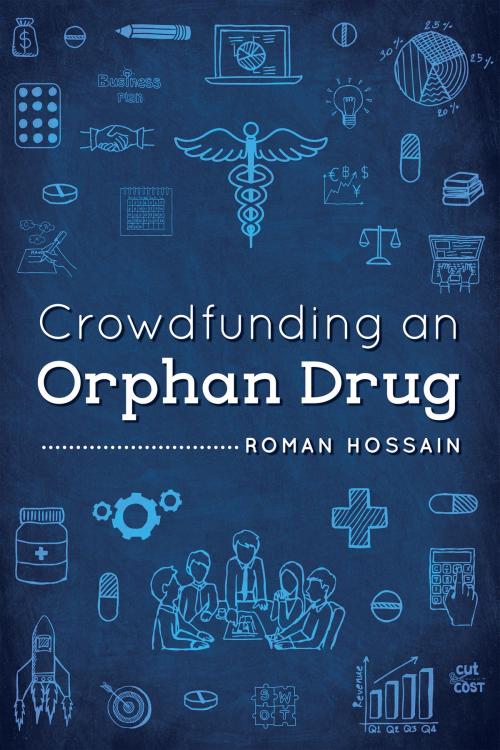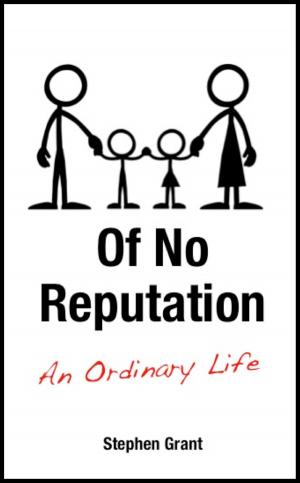| Author: | Roman Hossain | ISBN: | 9781483588155 |
| Publisher: | BookBaby | Publication: | December 12, 2016 |
| Imprint: | BookBaby | Language: | English |
| Author: | Roman Hossain |
| ISBN: | 9781483588155 |
| Publisher: | BookBaby |
| Publication: | December 12, 2016 |
| Imprint: | BookBaby |
| Language: | English |
Today's pharmaceutical industry, like most industries, is driven by profits above anything else. Before investing in any new drug, pharmaceutical companies first take a long and hard look at the market for the drug in question, and then predict what the potential payoff will be nationally here in the United States and in the global marketplace as well. Even if a drug has a market and potential for huge payoff, unique to the drug industry are three distinct barriers to entry that must be overcome; a) cost of research and development, b) time-consuming process of pre-market drug approval, and limitation of patent protections after the drug is brought to market. The United States Congress was aware of this profit-driven, obstacle ridden business model imposed upon drug companies and sought to implement relief to a segment of the industry when it passed the Orphan Drug Act of 1983. However, the results of the legislation are something of a mixed result. While the legislation was certainly successful in spurring the development of orphan drugs, a perhaps less economically healthy side effect were the enormous profits that pharmaceutical companies reaped from the use of the incentive structure. Two of the largest biotechnology companies in the world, Amgen, Inc and Genentech Inc., are each a testament to this unintended consequence as both companies not only profited from orphan drug development, but were built entirely on the development and sale of orphan drugs . Perhaps in recognition of these various unforeseen consequences, the Orphan Drug Act has been amended many times, yet problems still persist with respect to perceived abuses by larger pharmaceutical companies as well as its failure to provide proper incentives to smaller firms looking to develop orphan drugs. With the passage of the Jumpstart Our Business Startups Act, can crowdfunding provide incentives to small firms who are looking to be sponsors of new orphan drugs? This report provides an overview of the existing regulatory framework for drug development under the FDA drug approval process, the modified processes for orphan drugs, and some of the challenges and opportunities raised by those processes with regard to raising capital. Next, the report provides an overview of crowdfunding options under existing law, and new modifications that will soon be implemented under the 2012 Jumpstart Our Business Startups Act. Finally, this report provides some suggested strategies for utilizing crowdfunding as a tool for raising capital for orphan drug development.
Today's pharmaceutical industry, like most industries, is driven by profits above anything else. Before investing in any new drug, pharmaceutical companies first take a long and hard look at the market for the drug in question, and then predict what the potential payoff will be nationally here in the United States and in the global marketplace as well. Even if a drug has a market and potential for huge payoff, unique to the drug industry are three distinct barriers to entry that must be overcome; a) cost of research and development, b) time-consuming process of pre-market drug approval, and limitation of patent protections after the drug is brought to market. The United States Congress was aware of this profit-driven, obstacle ridden business model imposed upon drug companies and sought to implement relief to a segment of the industry when it passed the Orphan Drug Act of 1983. However, the results of the legislation are something of a mixed result. While the legislation was certainly successful in spurring the development of orphan drugs, a perhaps less economically healthy side effect were the enormous profits that pharmaceutical companies reaped from the use of the incentive structure. Two of the largest biotechnology companies in the world, Amgen, Inc and Genentech Inc., are each a testament to this unintended consequence as both companies not only profited from orphan drug development, but were built entirely on the development and sale of orphan drugs . Perhaps in recognition of these various unforeseen consequences, the Orphan Drug Act has been amended many times, yet problems still persist with respect to perceived abuses by larger pharmaceutical companies as well as its failure to provide proper incentives to smaller firms looking to develop orphan drugs. With the passage of the Jumpstart Our Business Startups Act, can crowdfunding provide incentives to small firms who are looking to be sponsors of new orphan drugs? This report provides an overview of the existing regulatory framework for drug development under the FDA drug approval process, the modified processes for orphan drugs, and some of the challenges and opportunities raised by those processes with regard to raising capital. Next, the report provides an overview of crowdfunding options under existing law, and new modifications that will soon be implemented under the 2012 Jumpstart Our Business Startups Act. Finally, this report provides some suggested strategies for utilizing crowdfunding as a tool for raising capital for orphan drug development.















